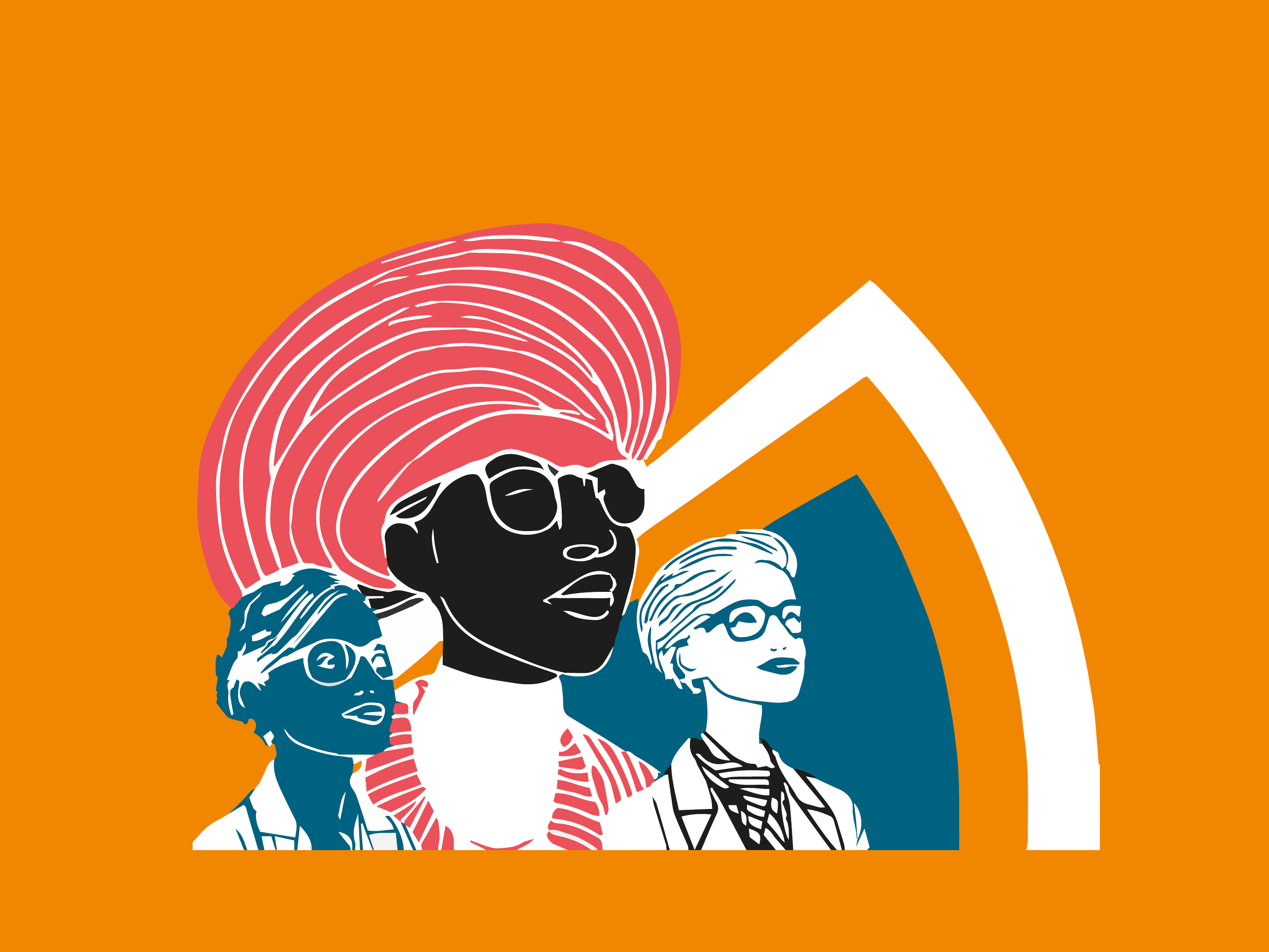Wissenschaft vernetzen.
Unveiling the Leaky Pipeline in STEM

Background
When looking at gender demographics in the academic career progression, from student to professor, there is a far greater loss of women compared to men. This is known as the leaky pipeline, and it is a well-acknowledged gender equality problem world-wide. In Switzerland, 48% of the PhD students are women, but only 20% are full professors [1]. The STEM fields (Science, Technology, Engineering and Mathematics) show a particularly low proportion of women relative to men [2,3]. These scientific areas are therefore more likely to be harsh-working environments for women. While several studies have addressed the leaky pipeline in Switzerland, none have collected data from the female researchers who themselves left academia.
Objectives
The UPSTEM project aims at understanding the reasons behind the leaky pipeline in Switzerland’ STEM fields from surveying its own protagonists: the female researchers who left academia.
Activities
- To design and carry out a survey targeted at female researchers from STEM fields in Switzerland who left academia in the last 10 years. The survey will aim to pin-down the reasons for leaving. At the same time, it will collect information about the career history of the female researchers and about their current professional situation.
- To organise a 1-day workshop to discuss the survey’s results, and to have an in-person networking activity for female researchers.
References
[1] Data from the European Tertiary Education Register (ETER, 2020).
[2] Zimmermann, O. et al. (2023). Gender equality measures in academia. Swiss Science National Foundation.
[3] Blickenstaff, C. J. (2005). Gender and Education, 17(4), 369–386.
Project Speaker
Project Members
Pamela Delgado
Marco Cavallaro
Robbie I'Anson Price
